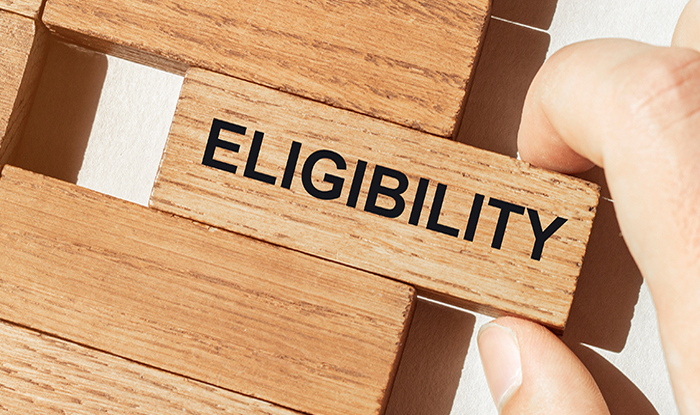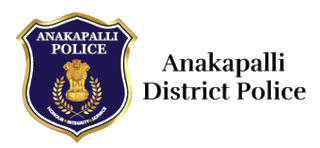MAHILA POLICE
Mahila Police Volunteer (MPV)

The district has been selected under Mahila Police Volunteer (MPV) Scheme, which is jointly organized by Central and State governments. The scheme was introduced to protect the interests of women community and preventing various atrocities against women in the society. The police administration has issue notification related to MPV on Sunday. The women who completed 21 years, and passed Intermediate would be eligible for the MVP posts. According to Superintendent of Police G. V. Ashok Kumar, the candidates selected under the scheme should work on social evils, domestic violence on children and women, child marriages, human trafficking, illegal transportation of women and dowry harassment at their respective areas

- An MPV will serve as public -police interface in order to fight against the Women. The Board mandate pf MPVs is to report incidences of violence against women such as domestic violence , Child Marriage, Dowry Harassment, and violence faced but the women in public spaces She will Act a role model for the Community
- An MPV is an honorary Position
 MPVs are envisaged as empowered, responsible, socially aware women for fostering leadership in local settings to facilitate police outreach on gender concerns. They will be an interface between the society and police.
MPVs are envisaged as empowered, responsible, socially aware women for fostering leadership in local settings to facilitate police outreach on gender concerns. They will be an interface between the society and police. 
An MPV could be any woman who is socially committed towards empowerment of women and girls, willing to raise her voice against gender based violence and support the police in creating a gender just society free from violence.
The MPVs will be chosen by the Home Department of the concerned State/UT through the Superintendent of Police of the district. The MPV will directly report to the Circle Inspector in the Police Station.
A woman nominated as an MPV shall be entrusted with the task of acting as a link between the police and the society on gender concerns. MPVs will as act as a facilitating link between the citizens and the police.
During the course of her work, she shall undertake the following activities:- Create awareness of the existing services available for women and children for example, One Stop Centers (OSC), Short Stay Homes, Shelters, Police Helpline 100, Women’s Helpline 181, Child line 1098, and Mobile Application for Emergency (Himmat App).
- Inform the police personnel about any unpleasant behaviour or untoward incidences against women and girls in the community.
- Act as an additional intelligence collection unit of the area regarding all issues pertaining to women in that area–spotting of new and suspicious arrivals in the village; information about missing women or children of the area; substance abuse and deviant behavior among school children and college students.
- Report incidences of missing children, violence against women such as domestic violence, child marriage, dowry harassment, trafficking and any other form of violence faced by women in both public and private spaces. Incase of missing children, or child abuse cases,MPV shall immediately call up 1098 and inform police
- Mobilize and facilitate Mahila aur Shishu Rakshak Dal (MASRD) preferably of 10- 12 members (similar to “Shaurya Dal” – A community led initiative to curb violence against women and girls in Madhya Pradesh). MASRDs may comprise of local leader, Sarpanch/ward member/Resident Welfare Association member, Teacher, Social Worker, SHG member, Counsellor, Local Media representative, Frontline Workers (ASHA, AWW)/ Community /Youth volunteers to act as Community Watch Groups. The concept of MASRD and procedure for formation of these groups is given at Annexure I. In addition, the existing groups working in the community on women empowerment issues may be integrated with MASRDs.
- Mandatory visit of the local Anganwadi Centre once in a week on the day when the ANMs and Asha workers also visit the Anganwadi. This will facilitate building partnerships and provide a platform to meet women.
- Familiarize herself with the existing awareness generating websites/portals such as www.wcd.nic.in and resources related to informational/educational material for sensitizing women/girls and children.
- Conduct one-to-one meetings, home visits, community meetings, Focus Group discussions to build confidence among women, families and peer groups to approach the Local Police, Women Helpline and One Stop Center in times of need.
- Establish linkages with Protection Officers under “The Protection of Women from Domestic Violence Act, 2005” at district/ block level for convergence and coordination.
- Tie-up and be in constant touch with the other stakeholders on women’s and children’s issues–the police station concerned especially the women police personnel posted there, ANMs, ASHA workers, women homeguards, NSS, NCC, Mahila mandal workers, women’s collectives, SHGs, Mahila Samakhya (wherever available).
- Participate in meetings on Village Health Nutrition Day (VHND), Village Health Sanitation Nutrition Committee (VHSNC), Gram Sabhas, Special Gram Sabha, Mahila Gram Sabha on regular basis for better convergence and coordination on issues affecting women in these forums.
- Engage and provide suggestions and feedback to the local administration and police about improving access to services and other related information.
 Eligibility criteria for Mahila Police Volunteers:
Eligibility criteria for Mahila Police Volunteers:
- Mahila police volunteer should be a female
- She should not be less than 21 years of age
- The incumbent must possess at least 12th pass certificate
- She should be from the same geographical area and conversant with the local dialects
- She must not have been convicted or imprisoned for the violation of any criminal law
- No criminal proceedings must have been instituted against her
- She should not be a member of any political party

- The initial term of MPV will be for two years only and will be reviewed half yearly. The termination of MPV can be done any time based on the review of performance.
- The reasons for termination would be duly communicated in writing to the MPV. Termination orders will be given only by SP.
- Re-selection of MPV could be done from the pool of wait-listed candidates drawn at the time of selection by the Committee.
The termination/removal of the MPV may be done by the SP concerned keeping in view the performance and misconduct, if any. The conditions in which the termination can happen:
Website Content Managed by Anakapalli District Police, Andhra Pradesh
Designed & Developed by National Informatics Center(NIC), visakhapatnam
